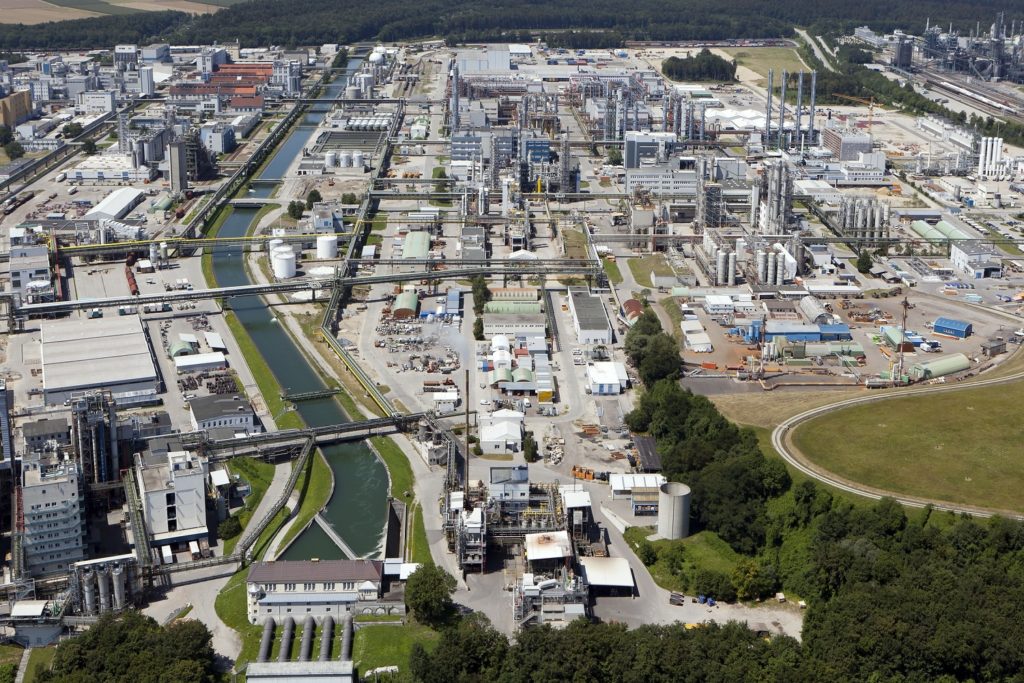From pv magazine Germany.
The second quarter was a chequered one for German polysilicon manufacturer Wacker Chemie AG.
A solid chemicals business could not compensate for difficulties in the PV market as sales between April and June were 5% down compared to the same period of last year. Turnover of €1.27 billion was, at least, 3% up on the first quarter.
The slump seen in the EBIT and EBITDA figures was even more significant. Due in part to significantly lower polysilicon prices, the latter fell 19% to €210.7 million on a year-by-year basis. At €70.7 million, the operating result was more than 40% below the figure for the second quarter of 2018. Compared to the first quarter, however, both figures rose significantly.
The EBITDA number included a down payment of €19 million from a supply contract with an unnamed PV customer Wacker Chemie had retained and that bonus secured a positive figure.
Sales down
At just under €170 million, sales in the division remained well below the level seen in the second quarter of 2018, and also lower than in the previous quarter.
“In the solar silicon business market conditions continue to be difficult,” said CEO Rudolf Staudigl. “In particular, the hitherto extremely low price level poses great challenges not only for Wacker Polysilicon but also for our competitors.”
The positive result was also due to operational improvements and cost reductions in production, according to Wacker.
For the second half, the company expects prices to rise as a result of stronger solar demand.
“Overall, we remain confident that we can achieve our goals for 2019,” said Staudigl. That sentiment saw the board stick to its previous guidance of an increase in sales in the mid-single-digit percentage range for the financial year.
EBITDA which stood at €930 million last year is expected to increase 10-20% with the lower limit considered more likely in a slackening global economy although an upturn in the Chinese PV market is anticipated in the current six-month period.
This content is protected by copyright and may not be reused. If you want to cooperate with us and would like to reuse some of our content, please contact: editors@pv-magazine.com.




By submitting this form you agree to pv magazine using your data for the purposes of publishing your comment.
Your personal data will only be disclosed or otherwise transmitted to third parties for the purposes of spam filtering or if this is necessary for technical maintenance of the website. Any other transfer to third parties will not take place unless this is justified on the basis of applicable data protection regulations or if pv magazine is legally obliged to do so.
You may revoke this consent at any time with effect for the future, in which case your personal data will be deleted immediately. Otherwise, your data will be deleted if pv magazine has processed your request or the purpose of data storage is fulfilled.
Further information on data privacy can be found in our Data Protection Policy.